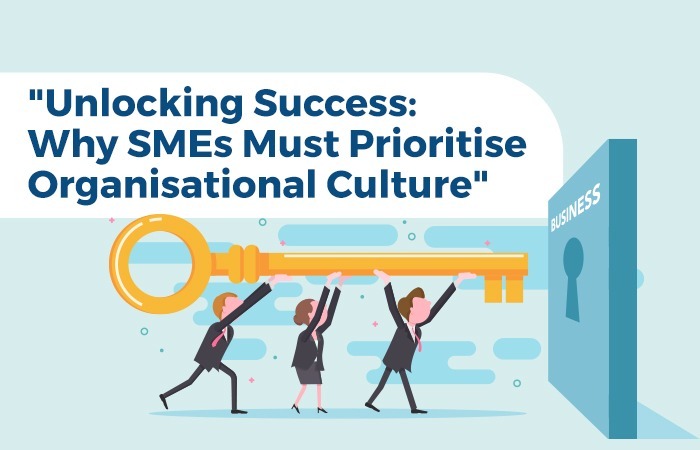The culture of your company can play a big part in attracting candidates, keeping employees satisfied and increasing profit, as well as being a part of what drives a company’s success. Ensuring that your corporate culture is inclusive can help you form an organization that is diverse in both race, gender and age and encourage respect among employees.
What is an inclusive culture?
An inclusive workplace culture is an environment where employees thrive in their roles and receive the support needed to succeed. By creating value for all employees, companies can build relationships with their workforce that foster trust, honesty and confidence.
Reasons inclusive company culture is important
Here are five steps to creating an environment that accepts individual differences and fosters innovation:
1) Increase employee satisfaction and retention
While employees might not be aware that their company has a culture, employees can still feel comfortable at their jobs. Employee satisfaction, which includes employee retention and workplace morale, is one of the major factors affecting company success. When employees feel like they work for an inclusive company with a culture they approve of, their job satisfaction may increase and therefore reduce employee turnover. Therefore, creating inclusive cultures within an organization can benefit employer and employee alike.
2) Generate more ideas
When employees feel included and respected, they are more likely to engage in conversations with the people around them. An inclusive culture helps employees feel comfortable expressing their ideas and opinions in the workplace among coworkers and managers. When people feel appreciated for who they are, they may produce more ideas. They might also be able to contribute openly during meetings, reviews and conversations with team members without feeling concerned about how others will receive what they have to say
3) Attract top candidates
A sense of inclusion is a critical component to creating a positive work environment. As an organization develops and establishes itself as an inclusive employer, top candidates will be more likely to apply for roles within the company. Employees may also be more eager to write positive reviews about what it’s like to work at this type of employer. A reputation for providing a healthy workplace culture is also important for retention efforts and attracting new talent who can help drive forward inclusive practices.
4) Increase employee engagement
A workplace with inclusivity is one that values team members and encourages them to grow as individuals. A company that fosters diversity builds trust among employees, creating an environment where they can succeed. This will increase employee engagement as they take part in activities that demonstrate their value, such as brainstorming or participating in meetings.
5) Reduce hiring expenses
A company that creates a culture of growth, productivity and happiness through its employees is more likely to see a reduction in hiring expenses. Employee loyalty can be an added benefit that attracts, hires and retains candidates. Employing loyal workers makes it easier for businesses like yours to grow and adapt as an organization, helping your business to reduce hiring expenses.
Embracing diversity and forming welcoming, inclusive cultures is not just the right thing to do, It makes business sense. An inclusive organization is two times as likely to exceed financial targets, three times as likely to be high-performing, six times more likely to be agile and innovative, and eight times more likely to achieve better business outcomes.
An organization’s culture will be instrumental in their success, growth and employee engagement levels – therefore, it makes sense to spend the time investing and getting it right.













